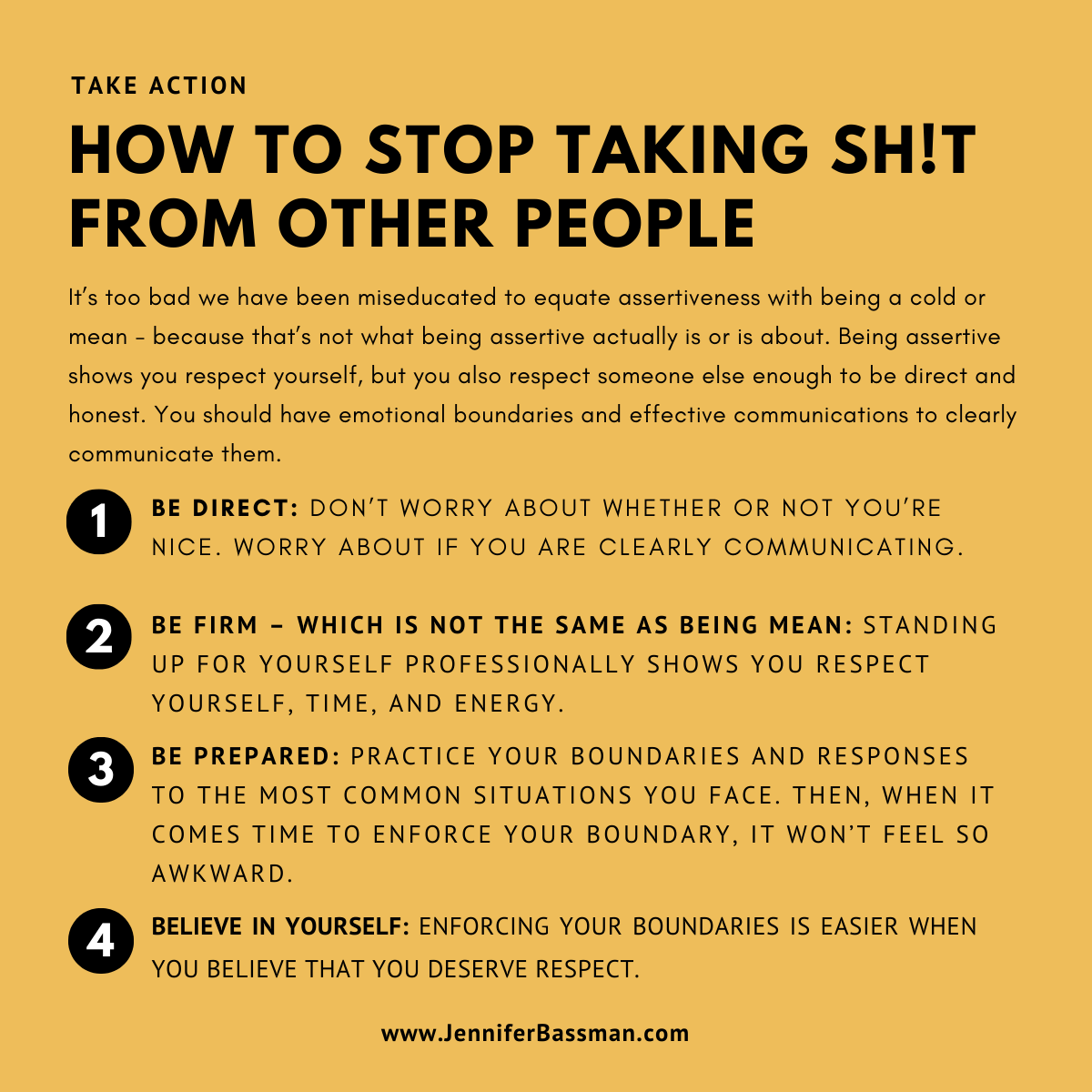The concept of time management is a total deception.
Some time ago, I listened to a speaker talking about the need to manage my time better if I wanted to accomplish more. He then went on to show the audience how to manipulate our to-do lists, block our time doing similar tasks, and using short snippets of “unused time” like standing in an elevator to knock out an email.
The speaker was tapping into the audience’s fear of never being able to do enough.
It made me think about trying to manage time when I was burned out. Most days, all I could do was stare at a wall, let alone think about how to use my time more wisely.
Whether you are burned out or not, I think we need to have an honest discussion about time management – because it’s a trap. Yes, time management is a trap. Don’t fall for it.
Why Time Management Is A Trap
Time management is all about making us more efficient so we can be more productive. It preys on our fear that there is never enough time or that we’ll never be able to do enough work.
The trap: it’s not about the amount of time we have, it’s about the volume of work we expect to do.
Those gains that open up time in our schedule are simply filled with more work.
Time management is sold to us as a way to reduce our stress, but the opposite will happen if you are adding more work. More work is usually accompanied by more pressure.
What we should be focusing on instead: reducing our workload, which will inevitably decrease the amount of time you need to spend doing it, which will free up time to do other things. And by “other things” I mean relaxing, spending time with family and friends, or working on a hobby. Not doing more work.
Instead, we focus on how much work there is to get done and the desire to do more. Then, figuring out a way to create more hours in the day to get it done. It’s a forced process that leaves you feeling like a failure.
Burnout and Time Management Traps
When you are burned out, you don’t have good time management skills. Your over-taxed nervous system is driving your paranoia that leads you to forget your priorities and think everything has to be done… now.
Your stress response prevents you from making better decisions because it’s not sending energy to your brain to help it be reason out a logical response.
That’s why burned-out people are prone to respond with emotion rather than facts. Their blood is pumping and being sent through their arms and legs to respond to the stress stimulus – not sit back and consider what should be done next.
Your perception of what is important versus urgent is also skewed. That paranoia that has kicked in makes everything feel like it deserves your attention.
One of the first phrases I had to learn when I was trying to recover from burnout is “your crisis is not my emergency.” Meaning, just because someone else felt like something was urgent, that doesn’t mean that it deserves the same response in my world.
Less Is More
You are living in a world that prizes Busy Work. If you aren’t busy doing something, you are probably doing nothing. You worry what other people think if they see you taking a nap at 2 p.m. on Wednesday. Are you lazy? Do you not have enough to do?
The idea of doing less work may sound good, but makes us feel bad. And, I think it makes us feel bad because we are taught that our output needs to rise until we run out of time or pass out from exhaustion. We should be able to do all of the things.
But, we weren’t built to do all of the things. Our bodies have limits, and when we surpass those limits, our body revolts. In turn, we get mad at our bodies for not being able to do more and needing sleep. Or, bathroom breaks.
If you want to recover from burnout, or reduce your stress levels, you need to stop worrying about time management and focus on Workload Management. Manage the amount of work that you take on so that it doesn’t exceed your limits. In fact, you would be left with energy to spare.
This is likely contrary to what people around you believe. And, you will get pushback and need to do some educating. I do think people will be more attracted to the higher quality of work you produce, your higher completion rate, and your higher levels of happiness because you aren’t trying to cram three days of work into one.
In time, your guilt will be over-ridden by your satisfaction.
Strategies To Do Less
- Create boundaries and say no: While this seems obvious, it is going to be your weapon in this fight to do reclaim your time.
- Redefine what “enough” means to you: Doing “enough” may mean less work or doing different work to accomplish your new standard. You also need to address that you will experience some pushback in your own head so that you don’t give in and increase your workload.
- Set an intention for your free time: The reason we fill our free time with work is because we don’t know what do with it. Instead, come up with a list of activities that you would like to do with this newly available time.
Share With A Friend
If you know someone who would be interested in this email, share it!






